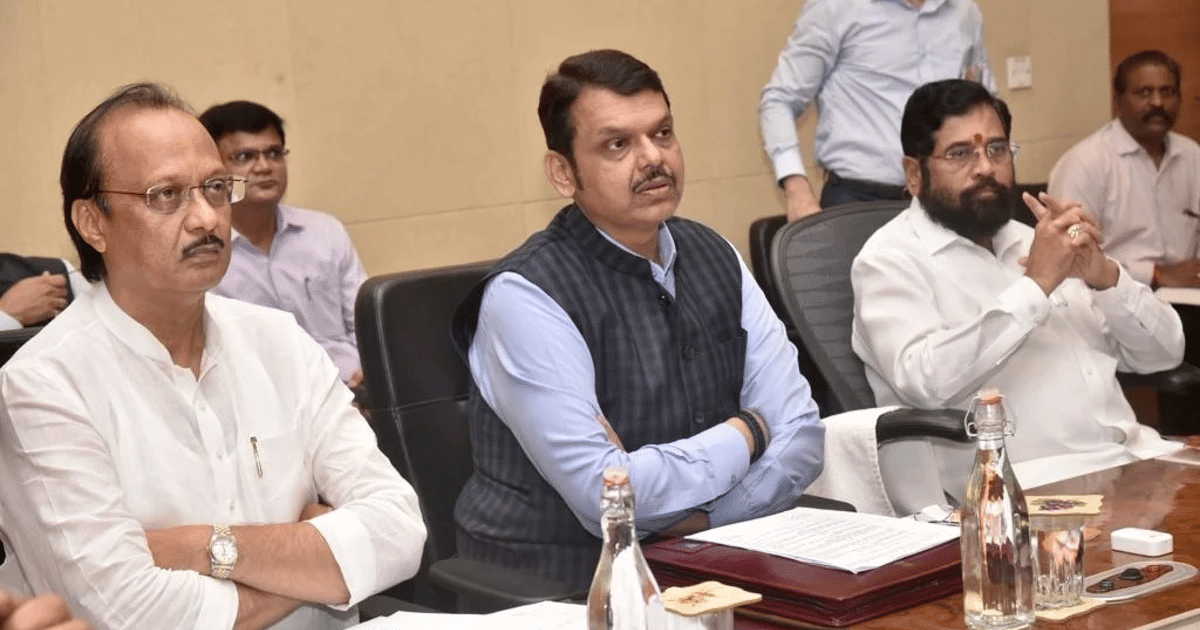 |
|
The political landscape in India continues to be a battleground of ideologies, with recent statements from Deputy Chief Ministers Devendra Fadnavis and Ajit Pawar highlighting the deep divisions within the country's political sphere. The point of contention? The slogan 'Batenge to katenge' (We will speak, and we will fight), popularized by Uttar Pradesh Chief Minister Yogi Adityanath. This slogan has been met with mixed reactions, with some interpreting it as a call to unity and others seeing it as an inciting statement.
Fadnavis, in a recent interview with ANI, launched a scathing critique of Pawar's stance on the slogan. He accused Pawar of failing to understand the public sentiment and the true meaning behind the statement. Fadnavis, drawing on his own political ideology, suggested that Pawar's opposition to the slogan stems from his decades-long association with 'anti-Hindu' ideologies, veiled under the guise of secularism. Fadnavis argues that true secularism lies not in opposing Hindutva, but in fostering unity and national identity.
Fadnavis defended Yogi Adityanath's slogan, framing it as a call for societal unity and a historical imperative. He claimed that the slogan's intent is to prevent a return to the divisive past when India was fractured along caste, provincial, and communal lines. This stance emphasizes the importance of national identity and a sense of shared purpose, a theme often used by the ruling Bharatiya Janata Party (BJP). The BJP, with its roots in Hindu nationalism, has consistently campaigned on a platform of national unity and cultural revival.
Fadnavis further escalated the rhetoric by accusing the Muslim community of engaging in 'vote Jihad' during the upcoming 2024 Lok Sabha elections. He alleged that their religious institutions are being used as tools for political manipulation. This accusation further fuels the ongoing tensions between the BJP and the Muslim community, which has been a constant feature of Indian politics in recent years.
Fadnavis concluded his argument by endorsing Prime Minister Narendra Modi's slogan 'Ek hain to safe hain' (If we are one, we are safe). He attributed this slogan to Modi's vision for a unified society, asserting that development and progress are contingent upon national unity. He used this opportunity to criticize the Congress party, which he accused of perpetuating division among the people. This accusation is part of a larger narrative that the BJP uses to position itself as the party of unity and progress in contrast to the Congress, which is often portrayed as divisive and lacking in vision.
